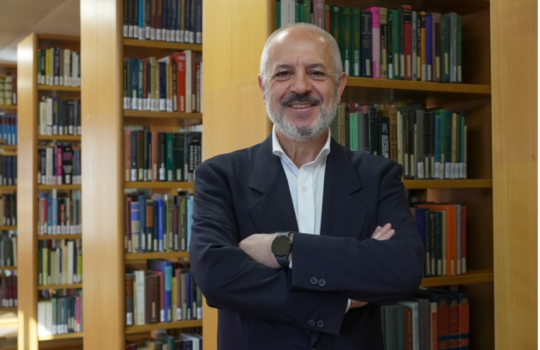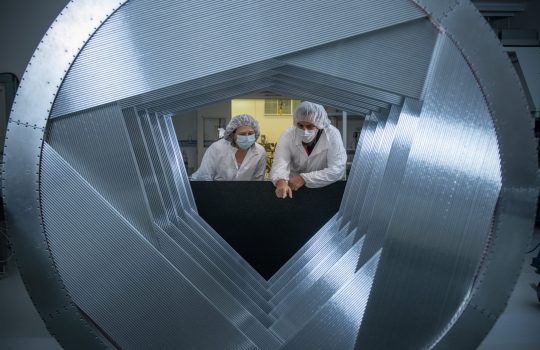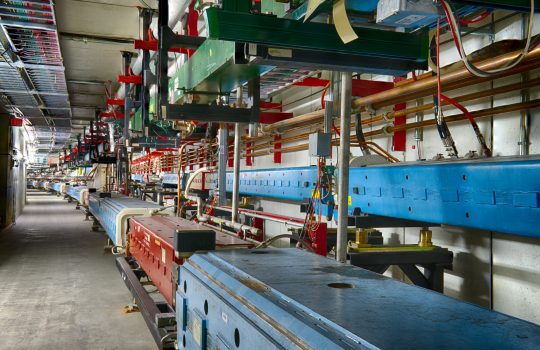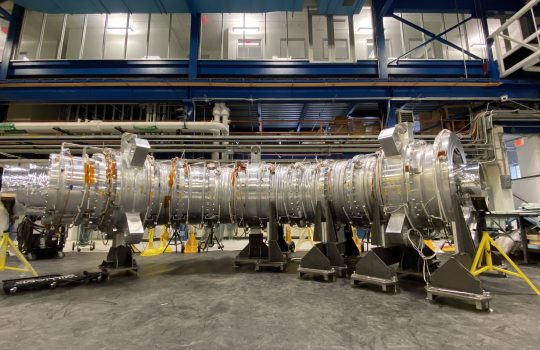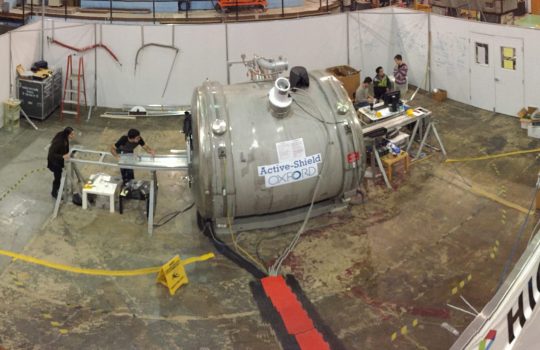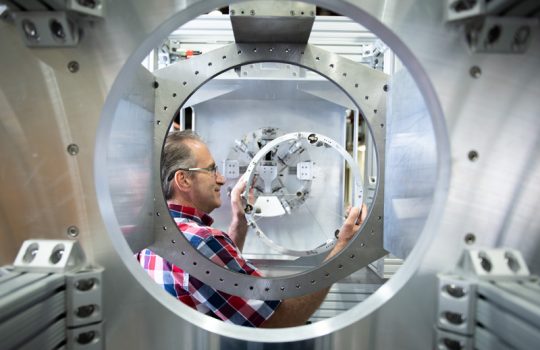Trio of Monmouth College students join national physics collaboration at Fermilab
https://www.rcreader.com/news-releases/trio-monmouth-college-students-join-national-physics-collaboration-fermilab, June 27, 2025
Three women are spending their summer contributing to one of the largest and most ambitious physics experiments in the country — the Mu2e project at the Fermilab thanks to the DOE RENEW grant.

